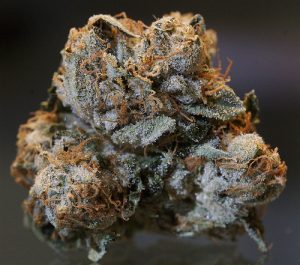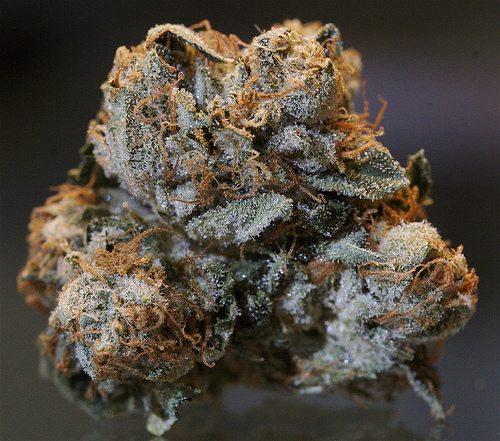 The following blog post is by Family Council staff member Deborah Beuerman.
The following blog post is by Family Council staff member Deborah Beuerman.
What does marijuana do in the body? What does it do in the brain?
We learned in science class that the brain is the commander of the body. It sends out messages through the nervous system to tell other body parts what to do. The brain controls even involuntary actions like breathing and heart beating, constantly sending working orders. We can think about an action, and tell the brain to pick up a cup, for example. There are little chemical transmitters that connect the nerve cells together passing the brain’s order from cell to cell until it reaches the arm and the fingers and the action is completed.
Chemicals in marijuana jump in and take the place of the chemicals in the brain so that the natural flow of the nerve messages is disrupted or changed.
There is one particular chemical compound in marijuana that causes this disruption and creates the “high”—the psychoactive effects—THC. Smokers of marijuana who like the “high” have bred the marijuana plant to have higher and higher amounts of THC. The marijuana smoked today is not the same as in the “good old days” of mellowed out hippies. Their marijuana had less than 1% THC. Today’s smokers get an average of 20% THC. Some tests have shown levels over 37%. That’s some kind of high flying!
What happens when marijuana enters the body? Smoked marijuana goes quickly to the brain—one puff will do it. Marijuana that is swallowed in food or drinks has to go through the stomach first so it takes about 30 minutes for the effects to be felt. That’s why there’s a greater chance of overdose from eating and drinking—you don’t feel the effects right away, so you have more. Think about what happens to children who are just enjoying 2 or 3 cookies, or 4, that they may or may not know contain marijuana.
People who are intoxicated with marijuana don’t have very good short-term memory. They can’t think very clearly, don’t have good judgement, and have trouble problem-solving. They don’t have good balance or coordination. They have an increased heart rate and increased blood pressure. The bronchial passages relax and become enlarged, and blood vessels in the eyes get larger, making the eyes red.
The pleasure centers of the brain are one of the main places marijuana attaches. That’s why it can become addictive—you want to keep “feelin’ good.” Common effects are euphoria, relaxation, laughter, an altered sense of time, and an increased appetite. Perception of the senses becomes more intense, like colors looking brighter.
What’s bad about “feelin’ good”? It comes at the cost of damage and effects to the brain that are permanent, like loss of IQ points, loss of memory, and risk of mental disorders.
The increased heart rate could lead to heart attacks and strokes.
Not everyone has a so-called pleasant experience. Some users experience fear, anxiety, paranoia, distrust or panic. With large doses, or potent marijuana, some people may have an acute psychosis which includes hallucinations, delusions, and a loss of the sense of personal identity—confusion about who they are.
Marijuana’s behavior in the brain is not good. It does not obey the brain’s orders. It’s worth some serious thought about having those little misdirecting messengers running around in your brain before you decide that trying marijuana might be okay.
READ MORE
 Right now Arkansans are participating in prayer vigils as part of the semi-annual 40 Days for Life campaign.
Right now Arkansans are participating in prayer vigils as part of the semi-annual 40 Days for Life campaign.


 The following blog post is by Family Council staff member Deborah Beuerman.
The following blog post is by Family Council staff member Deborah Beuerman.
 Recently, at a breakfast meeting hosted by the Christian Science Monitor, federal Education Secretary John King made comments seemingly critical of home schooling.
Recently, at a breakfast meeting hosted by the Christian Science Monitor, federal Education Secretary John King made comments seemingly critical of home schooling.